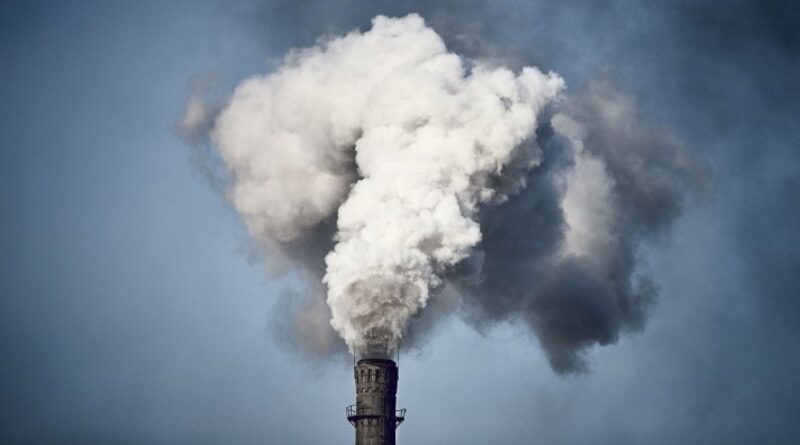How The Supreme Court Undermined Biden’s Climate Change Agenda
The Supreme Court has made it harder for the Environmental Protection Agency to regulate power plants — and the decision could have an impact on other federal agencies as well.
TRANSCRIPT
Amelia Thomson-DeVeaux: The Supreme Court’s six conservative justices recently ruled that the Environmental Protection Agency does not have the authority to broadly regulate carbon emissions from power plants. It’s one of the most important environmental cases in years. And it’s a serious blow to President Joe Biden’s efforts to combat climate change. He’s promised to cut the country’s greenhouse gas emissions by at least half by the end of the decade, and this decision could make that goal harder to achieve.
This is a weird case because it’s about a regulation that doesn’t exist anymore.
President Barack Obama: There is such a thing as being too late when it comes to climate change.
Thomson-DeVeaux: Back in 2015, President Barack Obama announced a new initiative called the Clean Power Plan. It was designed to reduce carbon emissions from power plants by giving each state a goal to limit emissions by, say, switching from coal to renewable sources of energy. But it never went into effect. That’s because in 2016, the Supreme Court voted to temporarily block the rule.
Now, you might think that would be the end of the story, but more than 20 states and hundreds of companies and industry groups kept arguing with the federal government over the regulation even after Obama left office. They claimed that the EPA doesn’t have the authority to pass regulations that would reshape an entire industry.
In the Supreme Court’s recent decision, they said industry was right. Writing for the majority, Chief Justice John Roberts said that when agencies are taking actions on big issues that have a major economic and political impact, they need a clear directive from Congress. So, regulating individual power plants is still an option for the EPA — but regulating the entire industry is not.
This is not good news for Biden. His efforts to slow climate change are not going particularly well. Democrats tried to include several provisions to address the issue in Build Back Better, the massive piece of legislation that died in the Senate in December. With Congress seemingly unable to do anything, issuing regulations through the EPA is the main way the Biden administration can fight climate change, at least right now. This decision didn’t completely tie the agency’s hands — but it will make their task harder. And it could potentially have ramifications for other federal agencies’ ability to regulate industry.
Gallup polling over the past few decades has found that Americans pretty consistently want the government to prioritize environmental protection, even if it slows economic growth. A majority are concerned about global warming and are increasingly likely to think it will pose a serious threat in their lifetime.
But does that mean this decision will be unpopular? That’s harder to say. This is the kind of case that’s just complicated enough to make people tune out. So, the question is really whether people will hear about the ruling — and whether they’ll understand what it actually means for the government’s ability to address climate change.
Amelia Thomson-DeVeaux is a senior writer for FiveThirtyEight. @ameliatd
Anna Rothschild is FiveThirtyEight’s senior producer for video. @Anna_Rothschild

